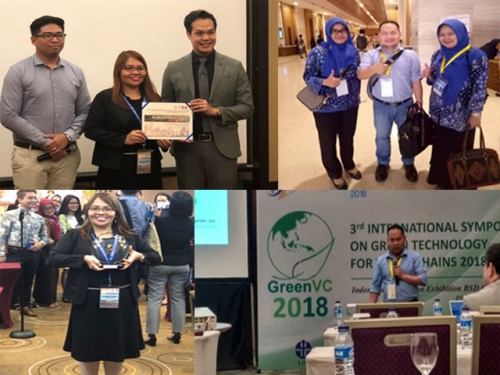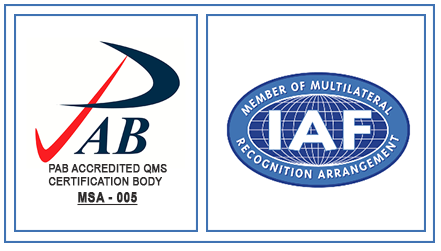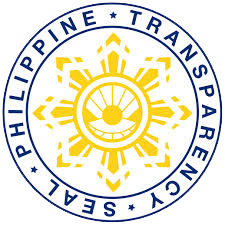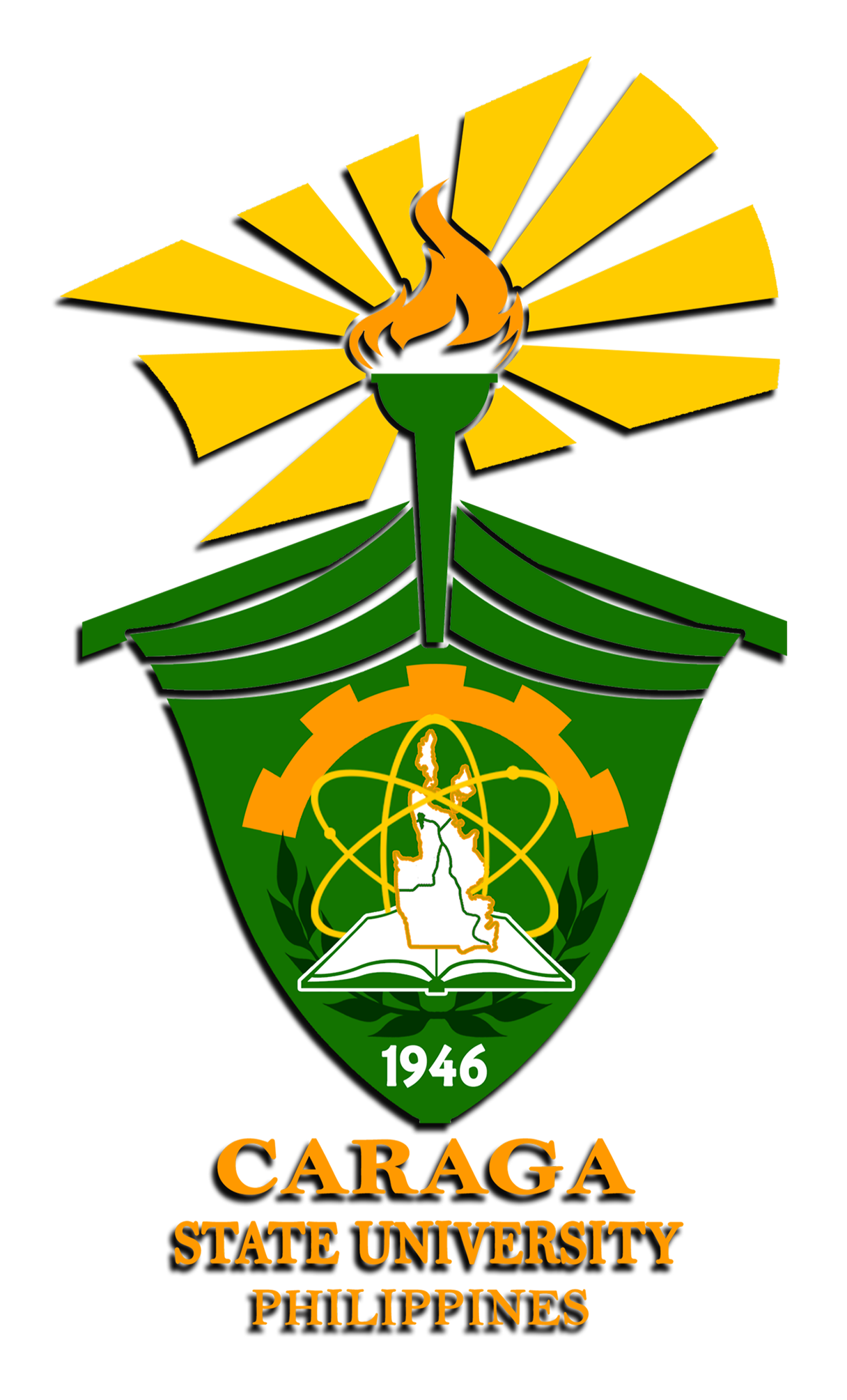News and Events
Two CSU Faculty Bag Best Paper Awards in International Conferences
Dr. Elizabeth P. Parac of the College of Agriculture and Agri-Industries (CAAI) and Dr. Rey Y. Capangpangan of the College of Arts and Sciences (CAS) recently won best scientific papers from two different prestigious international conferences.
Dr. Parac participated in the Asia Pacific Consortium of Researchers (APCoRE), an international conference that is multidisciplinary in nature which recognizes research as the primary means to acquire new information and innovative ideas in many academic fields and disciplines addressing the different challenges by proposing sound solutions to the problems of the Asia-Pacific Region.
The event was held in Westin Resort Hotel, Guam, USA last October 31 to November 3, 2018. She presented her paper entitled “Characterization of Selected Hybrids of Abaca (Musa textilis Nee) For Resistance to Bunchy Top and Mosaic Diseases” which was the winner for the Science, Technology, and Engineering category. The research paper deals mainly with the abaca hybrids that are highly resistant to bunchy top disease characterized by delayed onset and progress of disease symptom, low incidence and symptom severity ratings, and low virus accumulation. The negative reaction to bunchy top disease was confirmed by Polymerase Chain Reaction (PCR) and Enzyme-Linked Immunosorbent Assay (ELISA) analysis.
Dr. Rey Y. Capangpangan, on the other hand, joined the International Symposium on Green Technology for Value Chains 2018 last November 1-2, 2018 in Indonesia.
Dr. Capangpangan presented their research paper “Remediation of Ni2+ in a nickel contaminated water sample using magnetic nanoprobe prepared via green process by Psidium guajava leaves extract”.
Dr. Capangpangan’s paper was also adjudged as the best among all the researches that were presented orally. The research centers on developing a new material for a more efficient way of taking out nickel ions in the water which can also be applied to other toxic wastes as well. Green technique was used to prepare the material and using of hazardous and toxic reagents was avoided. Dr. Capangpangan said that the material can be enhanced which can be later on commercialized. This is also one of the ways to promote green economy in the region.
The works of Dr. Parac and Dr. Capangpangan are simple steps to help in one way or another the environment and economy of Caraga region and beyond.
Admissions
Registrar
Guidance
Office of the President
Public Information and Communication Office
Course Particulars
College of Engineering and Geo-Sciences
College of Agricultural and Agri-Industries
College of Mathematics and Natural Sciences
College of Forestry and Environmental Sciences
College of Computing and Information Sciences
College of Education
Philippine Standard Time
Transparency Seal
Design by ICT Center.









